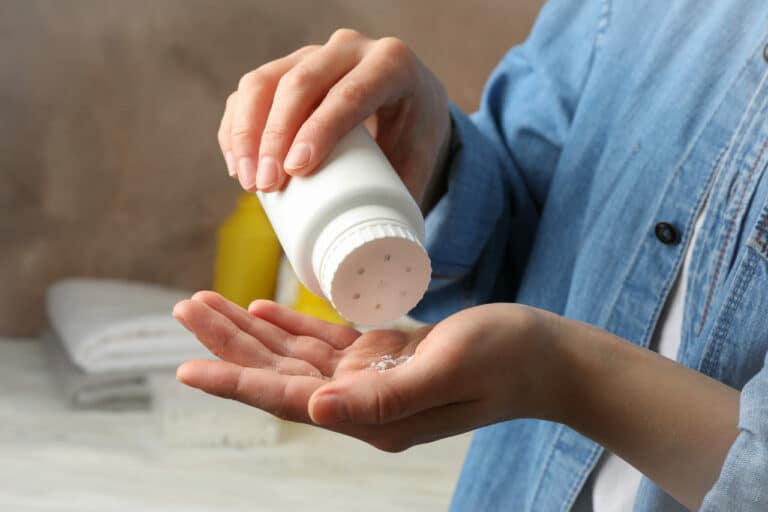The myth that salt and water can prevent pregnancy has been circulating for years. Many women of reproductive age, couples planning for pregnancy, healthcare professionals, and educators might have come across this claim at some point. But is there any truth to this? Let’s explore the scientific facts behind this belief, learn about the risks of unproven methods, and discuss recommendations for safe contraception.
Is it true? Salt and water prevent pregnancy?
Using salt and water as a birth control method involves diluting salt in water and consuming the mixture after intercourse. The belief is that this concoction can somehow prevent pregnancy. According to multiple sources, consuming a solution of salt and water has not been proven to have contraceptive properties. Relying on this method can lead to unintended pregnancies and puts individuals at risk of contracting sexually transmitted infections (STIs).
However, the use of salt and water is not limited to birth control. In some regions, salt and water are used in traditional medical healing practices to reduce pain or inflammation associated with menstruation. There is no scientific evidence that these remedies work, but there is also no evidence they are dangerous either.
What is the scientific explanation behind it?
The fact is that there is no scientific basis for believing that salt and water can prevent conception. Pregnancy occurs when sperm meets an egg, which occurs within the female reproductive system. Ingesting salt and water does not interfere with these events nor affects sperm mobility, viability, or implantation.
In addition, using salt and water as a contraceptive method does not protect STIs. These infections are transmitted through sexual contact and require appropriate barrier methods, such as condoms or other preventive measures to reduce the risk of infection.
What are the Risks of Unproven Methods?
Relying on unproven methods of contraception, like salt and water, can lead to undesired consequences. Unintended pregnancies and exposure to STIs might result in physical, emotional, and financial burdens. Furthermore, below are some other risks associated with unproven methods:
- Unintended Pregnancies: With unproven methods such as salt and water, unintended pregnancies have a high risk due to their ineffectiveness in preventing conception.
- Exposure to STIs: These methods provide no protection against sexually transmitted infections. Not using medically approved contraceptives increases the risk of contracting STIs.
- Physical Burdens: Unintended pregnancies can lead to health complications, while STIs may cause long-term health issues if not treated promptly.
- Emotional and Financial Strains: Unexpected pregnancies can bring emotional distress and financial challenges, especially if they occur at an unplanned time in life.
- Spread of Misinformation: Relying on unproven contraceptive methods can perpetuate misconceptions about pregnancy prevention, leading to a lack of proper understanding and misuse of effective contraception.
Recommendations for Safe Contraception
When it comes to contraception, proven methods are the only way to ensure safe and effective protection against unintended pregnancy and STIs. The following are some examples of reliable contraceptive options:
- Condoms: Wearing condoms during intercourse is an effective method for preventing both pregnancies and STIs. It is important to use them correctly every time and replace them often.
- Hormonal Birth Control: Birth control pills, patches, or injections are effective methods for preventing pregnancy when taken according to the instructions and consistently.
- Intrauterine Devices (IUDs): Inserting an IUD can be a long-term solution to preventing pregnancies. It is important to consult a healthcare professional before using an IUD.
- Natural Family Planning: This method uses fertility tracking and periodic abstinence from intercourse to reduce the chance of pregnancy.
- Sterilization: Both male and female sterilization are permanent contraception methods that can be considered when individuals do not wish to have any more children.
Consult a healthcare professional to help you choose the most suitable birth control method. They can provide guidance based on your health history, lifestyle, and personal preferences.
Conclusion
In summary, the belief that salt and water can prevent pregnancy is a myth. To ensure proper protection from unintended pregnancies and STIs, it is vital to use reliable methods of contraception and practice safe sex. Educating the public about accurate birth control options and debunking harmful misconceptions can greatly improve reproductive health outcomes for all.










![Home Renovation Guide [2025]](/app/uploads/2021/04/design-hacks-1-378x300.jpg)
